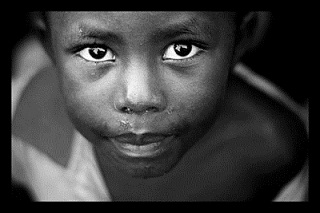Access To Electricity Is a Huge Humanitarian Priority

Yet, there were some positive signs: about 100 million people benefited from improved access to electricity – progress in India and Indonesia was notable, and in sub-Saharan Africa electrification outpaced population growth for the first time ever.
Rectifying this situation is arguably humankind’s single most important goal from the standpoint of global sustainability. A kWh of renewable energy in this part of the world is far more valuable that an incremental kWh of solar or wind that offsets the equivalent amount of fossil fuels in the developed world. Why?
First and most obvious, the incineration of kerosene or biomass is by far the dirtiest energy source on Earth, not only in terms of the garbage that goes into the atmosphere, but in terms of the poison that goes directly into the lungs of its users.
On top of that, bringing electricity to the developing world enables education, which in turn underpins better health, greater productivity, and smaller families. It’s really hard to overestimate the value associated with these improvements.
